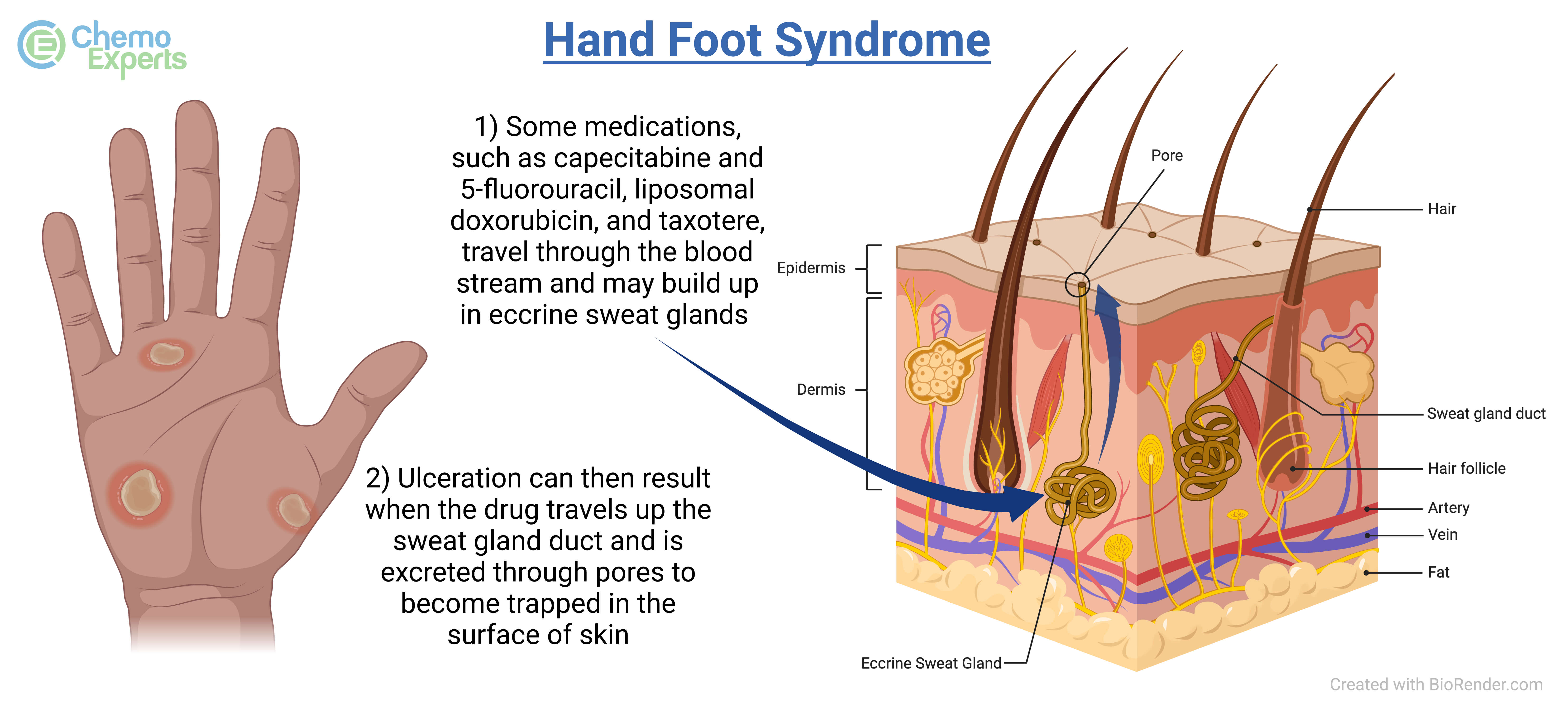Targeted Dermatology Treatments for Hyperhydrosis of Hands and Feet: Reliable Solutions
Targeted Dermatology Treatments for Hyperhydrosis of Hands and Feet: Reliable Solutions
Blog Article
Comprehending the Origin Causes of Excessive Sweating and Its Effect on Day-to-day Live
Excessive sweating, likewise referred to as hyperhidrosis, is a problem that affects a considerable section of the populace, yet its hidden causes and ramifications on everyday operating continue to be somewhat enigmatic. While it is frequently understood as a physiological reaction to control body temperature level, the triggers for too much sweating can differ widely among individuals, including not only physical aspects yet psychological and also emotional elements. The influence of this problem prolongs beyond simple discomfort, frequently influencing social interactions and overall quality of life. By diving right into the origin triggers of hyperhidrosis and exploring its diverse effects, a deeper understanding of this prevalent concern can be obtained, losing light on the complexities that individuals grappling with excessive sweating browse on a day-to-day basis.
Physiology of Sweat Glands
The policy of sweat manufacturing, an important physiological procedure, is primarily regulated by the activity of gland distributed throughout the human body. Sweat glands are classified into two primary types: eccrine and apocrine glands. Eccrine glands are the most various and are located in nearly all areas of the body. They play a vital role in thermoregulation by secreting a watery liquid onto the skin's surface area, which evaporates and helps cool the body down. In comparison, apocrine glands are focused in areas abundant in hair roots, such as the underarms and groin, and their secretions are thicker and milklike in look.
When the body temperature increases, either as a result of physical task, heats, or emotional stress and anxiety, the nerves sets off the gland to produce sweat. This sweat is made up mostly of water and electrolytes like salt and chloride. The process of sweat manufacturing is essential for maintaining the body's interior temperature level within a slim, optimum variety, highlighting the crucial duty sweat glands play in human physiology.
Triggers for Excessive Sweating
In recognizing the origin of excessive sweating, it is critical to identify the triggers that can cause this physiological reaction. Extreme sweating, likewise referred to as hyperhidrosis, can be motivated by different aspects, both physiological and ecological. One typical trigger is psychological tension or anxiousness, which can promote the body's gland to generate even more sweat than is necessary for cooling. Physical effort, high temperatures, and spicy foods are additionally known to cause excessive sweating in individuals susceptible to this problem. Specific clinical conditions like menopause, diabetes, or hyperthyroidism can add to too much sweating as well.
Furthermore, medicines such as some antidepressants, opioids, and particular supplements can additionally work as triggers for hyperhidrosis. Comprehending these triggers is essential in managing too much sweating successfully - Treatment for hyperhydrosis of hands. By identifying and resolving the certain triggers that trigger extreme sweating in a specific, doctor can create customized treatment strategies to ease this problem and improve the individual's top quality of life
Medical Conditions Associated
Connected with extreme sweating are different clinical conditions that can intensify this physiological action. One common condition is hyperhidrosis, a problem defined by extraordinarily raised sweating that surpasses the body's thermoregulatory needs. This can manifest in focal locations like the palms, soles, underarms, or face, impacting a person's quality of life as a result of social embarrassment and discomfort.
In addition, endocrine disorders such as hyperthyroidism, diabetes mellitus, and menopausal hot flashes can also cause excessive sweating. Hyperthyroidism causes an overflow of thyroid hormonal agents, speeding up metabolic rate and triggering sweating. Diabetes can cause sweating episodes, especially during hypoglycemic episodes when blood glucose levels drop as well reduced. Menopausal hot flashes, credited to hormone changes during menopause, can create extreme and sudden sweating, frequently accompanied by flushing and heart palpitations.
Furthermore, infections like hiv, tuberculosis, and endocarditis have actually been related to night sweats, an usual signs and symptom understood to disrupt rest and affect total wellness. These medical problems highlight the diverse array of underlying aspects that can add to too much sweating, requiring comprehensive analysis and administration by healthcare specialists.
Psychological and psychological Elements

Influence On Social Communications
Extreme sweating can have extensive effects on a person's ability to involve comfortably in social interactions. my response The noticeable signs of sweat spots or wet patches on apparel can result in shame and self-consciousness, causing individuals to take out from social situations. This withdrawal can affect partnerships, limit social activities, and prevent expert and individual growth.

Furthermore, the stress and anxiety and self-worth concerns stemming from excessive sweating can affect communication and interpersonal skills. Individuals may have a hard time to concentrate on discussions, get involved in team tasks, or share themselves with confidence. This can lead to feelings of isolation and loneliness, as social links end up being challenging to home preserve.
Final Thought

While it is generally recognized as a physical reaction to regulate body temperature, the triggers for too much sweating can differ commonly among people, including not only physical factors yet additionally emotional and psychological elements. By diving into the root creates of hyperhidrosis and exploring its multifaceted results, a deeper understanding of this pervasive learn the facts here now concern can be gotten, shedding light on the intricacies that individuals grappling with excessive sweating browse on a daily basis.
Physical physical effort, high temperature levels, and spicy foods are also recognized to set off excessive sweating in people prone to this condition. By recognizing and addressing the specific triggers that prompt too much sweating in a private, healthcare carriers can establish customized treatment plans to relieve this condition and improve the individual's quality of life.
Too much sweating can have extensive impacts on an individual's capability to involve easily in social communications.
Report this page